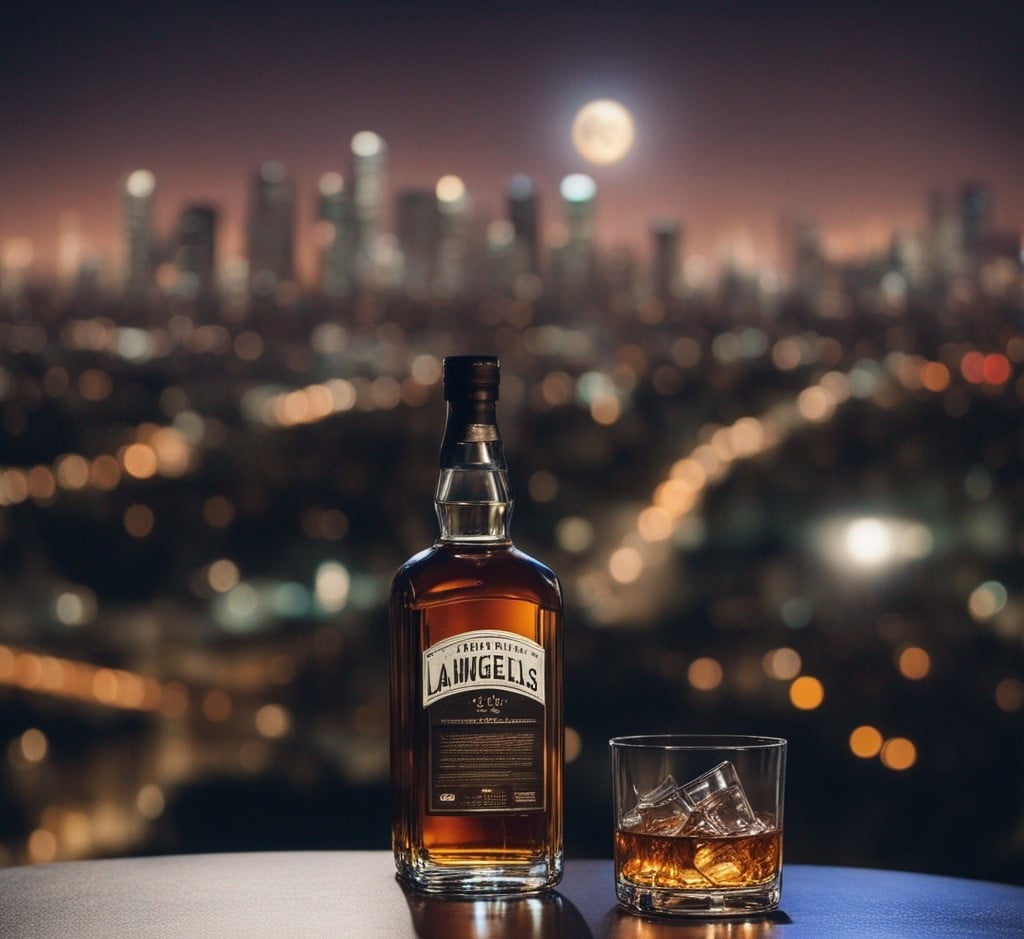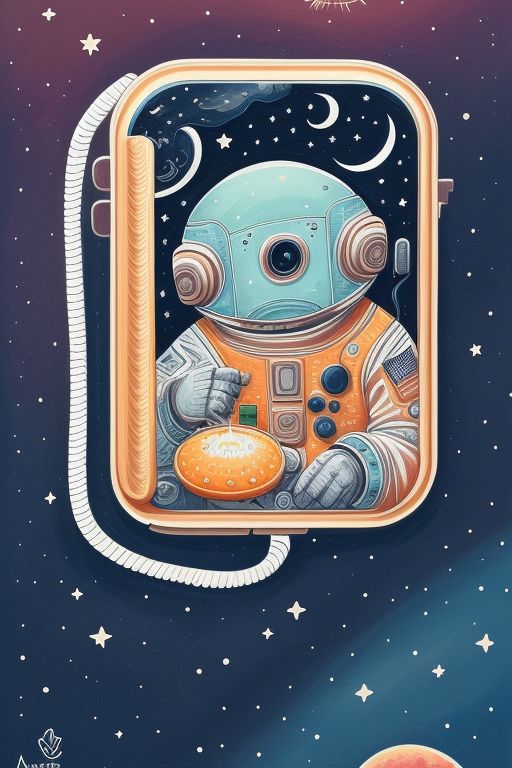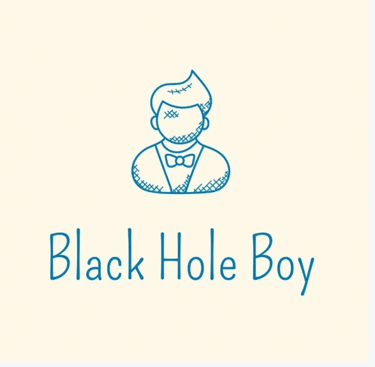Finding Los Angeles in a Glass of Whiskey
Some cities reveal themselves most honestly after dark, when the harsh light of day gives way to the softer illumination of possibility. In Los Angeles, that revelation often comes from unexpected vantage points—like the 71st floor of a downtown high-rise, with whiskey in hand and the city's constellation of lights spreading to the horizon.
ART
5/1/20257 min read


The bottle was a housewarming gift from my brother—Freins' Distillery "LA Angels" whiskey, a local small-batch bourbon I'd never heard of, presented with the ceremonial gravity he reserves for spirits he considers exceptional rather than merely expensive. "Don't waste this on guests," he'd advised, only half-joking. "Save it for when you need to remember why you moved here."
Tonight was apparently that night. Three months into my Los Angeles relocation, the initial excitement had given way to the more complicated reality of establishing life in a new city—the disorientation of unfamiliar geography, the slow process of building social connections, the peculiar loneliness that can exist even in a metropolis of millions. Earlier today, after another frustrating commute and a work meeting that left me questioning my decision to change coasts, I'd found myself contemplating the return ticket I'd kept as a psychological safety net.
Instead, I'd walked the twelve blocks from my office to my apartment in the recently converted Art Deco building downtown, shedding my workplace persona with each step. I'd changed into comfortable clothes, prepared a simple dinner, and as twilight transformed the city outside my windows, I'd remembered my brother's gift and his advice about its proper occasion.
The whiskey poured amber in the heavy crystal tumbler I'd unpacked just that morning—one of the family heirlooms my mother had insisted I take "now that you're finally settling somewhere." Two ice cubes clinked against the glass, already beginning their gradual surrender to room temperature. I carried both bottle and glass to the wall of windows that had been the apartment's selling point, the feature that had justified the stretch in my budget and quieted the practical voice questioning the wisdom of luxury housing in a new city.
From seventy-one floors above street level, Los Angeles revealed itself in its nighttime incarnation—a vast galaxy of light spreading in all directions, dense clusters marking commercial centers, linear formations tracing major boulevards, the darker expanses of parks and hillsides creating negative space that defined the illuminated areas more clearly. The moon hung low on the horizon, impossibly large in that optical illusion that occurs when it first rises, its presence adding cosmic context to the human-made constellation below.
I took my first sip of the whiskey, letting it rest briefly on my tongue before swallowing. The initial impression was sweetness—caramel, vanilla, something fruit-adjacent but not identifiable as a specific variety. This gave way to warmer notes of oak and spice, followed by a pleasant heat that expanded from throat to chest. The finish was surprisingly clean, with lingering hints of charred wood and dark chocolate. Not showy or challenging, but self-assured and complex—characteristics I've come to associate with Los Angeles itself beneath its more obvious presentations.
Against the backdrop of city lights, I contemplated the liquid in my glass—how it caught and transformed the ambient light, how the ice slowly melted and changed both the whiskey's chemistry and appearance, how the combination of water, grain, oak, time, and fire had produced something greater than the sum of its ingredients. Like cities, whiskies are collaborative creations that evolve over time, their character defined by both intention and circumstance, both formula and serendipity.
The bottle's label featured a stylized skyline silhouette, recognizably Los Angeles despite its simplification. "Distilled, aged, and bottled in the City of Angels," the small print proclaimed. I wondered where exactly this liquid had matured—in which warehouse or basement this particular combination of elements had transformed from raw distillate to finished expression. Had it witnessed the city's recent evolution from its own stationary vantage point? Had it aged in some downtown building similar to mine, absorbing through oak and atmosphere the particular character of a neighborhood in transition?
These questions led to others about the nature of place and its influence—how cities shape not just the products created within them but the people who inhabit them, how we metabolize our surroundings and are changed by them in ways both obvious and subtle. Three months wasn't long enough to understand Los Angeles, but perhaps it was long enough to begin recognizing its effect on me, to notice the gradual adjustments in perspective and behavior that accumulate into acclimatization.
I took another sip, larger this time, more confident in the whiskey's character. The ice had melted slightly, opening the spirit's aromatics and softening its proof while maintaining its essential structure. Below my windows, traffic moved along the grid of downtown streets—headlights and taillights creating rivers of white and red, their flow regulated by the rhythm of traffic signals. From this elevation, the individual frustrations of gridlock and delays disappeared into a larger pattern that appeared almost choreographed, a complex urban ballet of movement and pause.
The distance provided perspective. At street level, Los Angeles can feel fragmented, disconnected, resistant to easy comprehension. Its sprawling geography and neighborhood divisions create a city of cities, each with distinct character and atmosphere. But from above, at night, with whiskey in hand, the connections became more visible than the divisions—the infrastructural systems that link disparate areas into a functioning whole, the shared relationship to geography and climate, the collective human impulse toward illumination against darkness.
I was reminded of something the building's leasing agent had said during my apartment tour, a comment that had seemed rehearsed at the time but now revealed its wisdom: "You'll never understand Los Angeles from a single vantage point. The city changes depending on your elevation, the time of day, the neighborhood, the season. It's many cities occupying the same space."
The whiskey in my glass operated by similar principles—changing with temperature, exposure to air, dilution, even the specific shape of the vessel containing it. The same liquid could present differently depending on context and conditions, revealing various aspects of its character in response to circumstance. Its truth wasn't singular but multiple, cumulative, revealed over time and through varied experience.
My phone buzzed with a text message from Eliza, a colleague who had become my first real friend in Los Angeles. "Rooftop bar at the Standard tomorrow? Few people from work plus some locals you should meet. Say yes—cultural integration is mandatory."
I smiled at her phrasing—direct, slightly bossy, warmly insistent. Quintessentially Eliza, and increasingly representative of what I was recognizing as a particular Los Angeles social style: outwardly casual but efficiently purposeful, friendly without being immediately intimate, networked rather than hierarchical. I texted back my acceptance, feeling a small but significant shift in my relationship to the city—from observer to participant, from audience to actor in the ongoing performance of urban life.
Returning my attention to the view, I noticed how the patterns of light had subtly changed even in the short time I'd been watching. Office buildings had darkened as workers departed, while residential towers had illuminated as people returned home. Restaurant and entertainment districts glowed more brightly as evening activities accelerated. The city was performing its nightly transition, shifting energy from productive to recreational functions, reconfiguring itself around changing human needs and desires.
The whiskey, too, continued its evolution in the glass—now noticeably diluted by melted ice but carrying new aromatic notes released by this dilution, its character not diminished but transformed by the interaction with water and time. I took another sip, appreciating how the experience changed from first pour to final drop, a temporal journey containing multiple distinct moments within the apparently simple act of drinking.
This, perhaps, was the wisdom contained in my brother's advice about the proper occasion for this particular bottle—not a celebration or special event, but a moment of transition and recalibration, a pause for reflection within the process of becoming. The whiskey wasn't meant to transport me elsewhere but to ground me more firmly in the present reality, to facilitate a more nuanced appreciation of where I was and what I was experiencing.
Across the expanse of illuminated city, an airplane descended toward LAX, its lights distinct from the stationary grid below. I tracked its graceful approach, thinking about arrivals and departures, transitions and transformations. Three months earlier, I had been on such a flight, carrying expectations and apprehensions about the city that awaited me. Now I stood within that city, seventy-one floors above its streets, recognizing how much remained unknown but feeling less intimidated by that fact.
Understanding Los Angeles, like appreciating fine whiskey, wouldn't come from a single encounter but from repeated engagement, from developing relationship over time, from experiencing its various expressions under different conditions. The initial impression was just the beginning—necessary but insufficient, a foundation for deeper knowledge but not the knowledge itself.
I poured another finger of the bourbon, this time without ice, wanting to experience its undiluted character before concluding the evening. The aroma seemed more pronounced in this form—richer, more assertive in its presentation of both sweet and woody notes. On the palate, the higher proof carried more intensity but also greater definition of flavor, each element distinct before merging into the integrated whole.
Below my windows, Los Angeles continued its nighttime activities—millions of individual experiences occurring simultaneously, independent yet collectively creating the urban ecosystem I was gradually joining. The traffic patterns, the building lights, the distant shimmer of the ocean barely visible at the western edge of the city—all existed before my arrival and would continue after my departure, yet my perception of them created a version of Los Angeles unique to my perspective.
Perhaps this was the true nature of belonging in a city this vast and varied—not some definitive moment of arrival or acceptance, but the gradual accumulation of personal relationship to specific places, experiences, and people. Not the conquest of comprehensive understanding, but the development of particular attachment. Not mastery of the whole, but meaningful engagement with the parts accessible from my individual position within the greater system.
I raised my glass to the city spread before me, a private toast to this evolving relationship. The whiskey caught the light, briefly holding the reflection of Los Angeles within its amber depths—a city contained in a glass, observed through liquid, transformed by perspective. For this moment, that reflection seemed an appropriate metaphor for my emerging understanding: partial yet genuine, distorted yet revealing, constantly shifting yet somehow essential.
Los Angeles, like the whiskey in my glass, would reveal itself gradually, changing as I changed, presenting different aspects of its character as our interaction deepened. Tonight's revelation, from this elevation, with this particular spirit as companion, offered one perspective among many potential others—not definitive but valuable, not complete but authentic within its limitations.
I took a final sip, appreciating the whiskey's lingering finish and the quiet satisfaction of beginning to find my place within the illuminated landscape before me. The return ticket I'd kept as insurance suddenly seemed less necessary, not yet ready for disposal but no longer representing urgent possibility. Los Angeles would never be fully knowable, but perhaps it was becoming home nonetheless—one glass, one view, one evening at a time.
Get in touch


